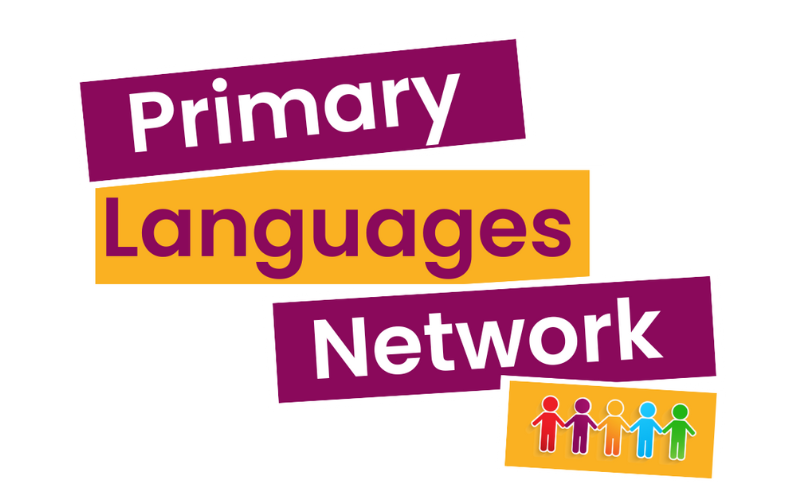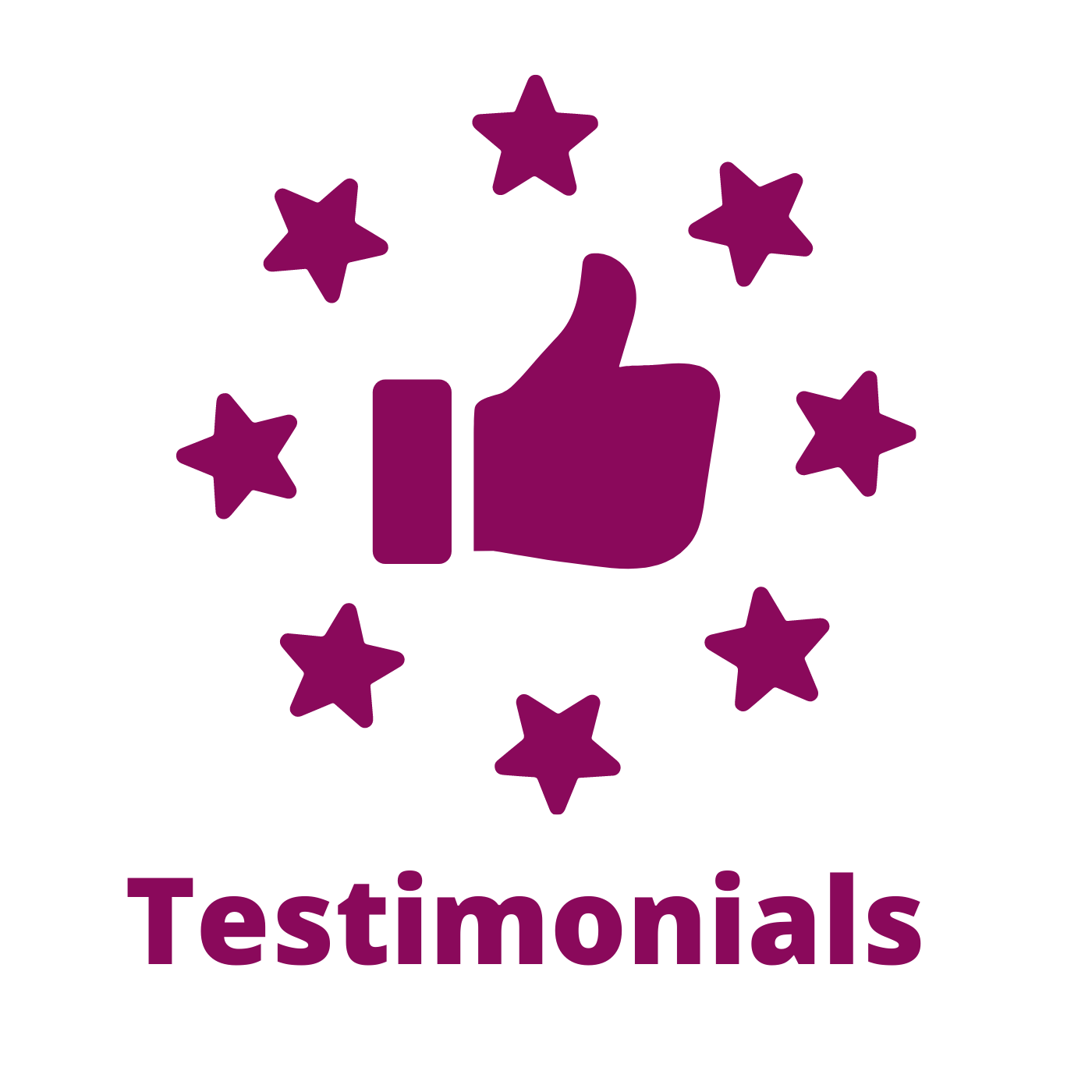This year more than ever colleagues are asking me when I am out and about in school about ways to gather and keep evidence of the work children are doing in primary language learning.Here are a couple of ways that I know are really being used and are working! Tried and tested over several years within our network.Thanks to those who have inspired the ideas!
The target language country school postbox idea was a solution of mine that I came up with almost two years ago to help a school starting off with French.The teachers are non-specialists and the challenge was three-fold at the time - how to encourage colleagues to participate in the teaching and learning of languages, how to celebrate success and how to help teachers when they were stuck! The post box was placed outside the classroom door of the designated subject coordinator (who had some language knowledge) and over the course of the year the children posted activities they enjoyed, messages from their class teacher about the progress they were making as language learning class and questions they as a class needed answering about challenges in parts of language that they had met in the lesson.It still works and is an integral part of the language learning process in school.Last Thursday another colleague who had heard about the idea Told me how she had implemented a similar system in her school and how valuable it was as the subject coordinator as a collection postbox that the could empty from time to time and collect and collate informal evidence of the children's learning and the school developing as a language learning envrionment.sSo that's the first suggestion of a way to gather evidence.I really like the idea aswell that the postbox is a target language country postbox too!
Our second idea that schools we have shared with our network and quite a few schools have now begun to make their own is a simple "sparkling" record of what takes space in the classroom.A young NQT in one of our schools wanted to keep a record of what one of our associate teacher's was delivering with her pupls in the classroom because she wasn't always in class at the time.It kepy her informed ,reinofrced with the children that hse thought the learning was important and meant that she was able to discuss progress with the children.She created a "Sparkling Spanish Book" .It is an idea adopted across the whole of KS2 in the school now.Two children are the book monitors for half a term and their responsibility is to take a photo of something interesting when it happens.They stick it in the sparkolng record book.They must also write several interesting and informative sentences in english at the end of the lesson in the book - so that the class teacher can follow this up via discussion later in the week.Now we have "Fantastic French" books too.Just keep them hung up in the classroom and take them down and take a look through with your class .Some teachers are using them as memory joggers - to prompt children to remember and use prior learning etc later in the term or year.They can get handed on from year to year too!
Emilie loves her virtual suitcases that we started about three years ago .Other colleagues have followed suit .This is an end of year activity.Pack your virtual suitcase with a favourite class song file , a favourite game and instructions how to play this , a favourite story file and perhaps some photos.Our VLE will be a great way to do this from this year onwards as each class can have its own folder in your own shared area.At the start of the next year - the suitcase can be unpacked and shared and discussed with the new class teacher.As a subject coordinator you will have an very useful record of evidence too to share with visitors and SLT!
We have devised different ways to collect spoken and written evidence - all part of the SOW
Here is one example just right for Autumn which colleagues used to great effect - Writing and reviewing progress with Autumn leaves
You may also like to take a look at this idea .Creating "superheroes of our young language learners and explaining that they are developing special comminication powers.Collect and collate their developing own AfL superhero messages to inform your next steps. Here is the original blogpost.This is a new idea this year - so let's see how it turns out!




![colorful+leaf+mosaic+(10)[1].JPG](https://images.squarespace-cdn.com/content/v1/556c715ce4b09e217791b6fb/1445272185553-F0JF0MB4VPQG1GEGR84S/colorful%2Bleaf%2Bmosaic%2B%2810%29%5B1%5D.JPG)


